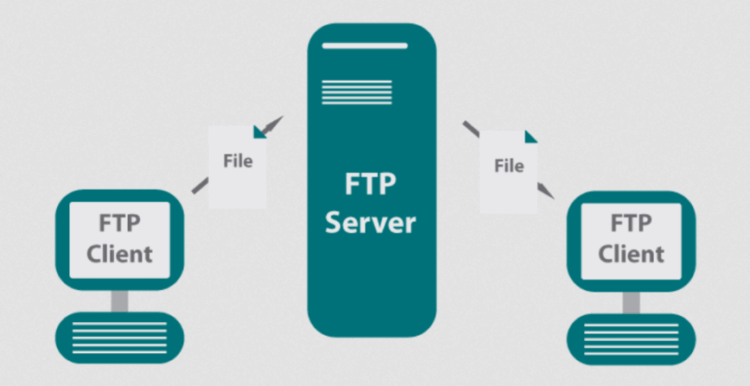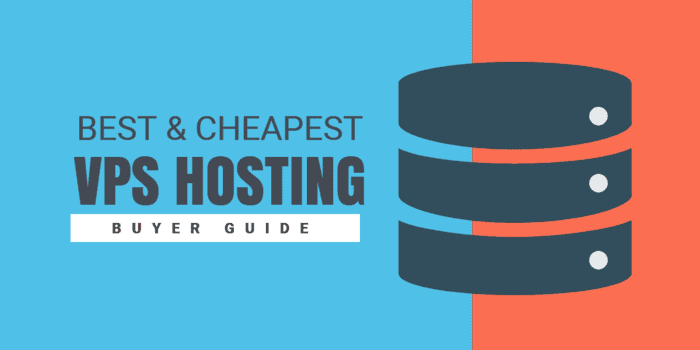Embarking on a blogging journey requires the right foundation, and that starts with affordable hosting plans tailored for new bloggers. In this guide, we delve into the essential aspects of choosing a hosting provider that fits your needs without breaking the bank.
From key features to consider to tips on finding the best value, this overview aims to equip you with the knowledge needed to kickstart your blog with confidence.
Overview of Affordable Hosting Plans
Affordable hosting plans refer to web hosting services offered at budget-friendly prices, making it accessible for individuals or businesses with limited financial resources to create and maintain a website. These plans typically include essential features such as storage space, bandwidth, and technical support.For new bloggers, affordable hosting plans are crucial as they provide a cost-effective way to establish an online presence and share their content with a wider audience. Without breaking the bank, new bloggers can benefit from reliable hosting services that ensure their website is accessible and performs well.Popular Hosting Providers with Affordable Plans
- Bluehost: Known for its affordable shared hosting plans with a free domain name included.
- HostGator: Offers budget-friendly hosting options with a user-friendly interface and 24/7 customer support.
- SiteGround: Provides affordable hosting solutions with top-notch security features and excellent performance.
Key Features to Consider
When looking for affordable hosting plans for your new blog, it's essential to consider certain key features that can impact the performance and success of your website. Here are some important factors to keep in mind:Storage Options
Storage space is crucial for storing your website files, databases, images, and other content. Different hosting plans offer varying amounts of storage, so it's important to choose a plan that provides enough space for your needs. Consider the size of your website and the amount of content you plan to upload when selecting a hosting plan.Bandwidth and Data Transfer Limits
Bandwidth refers to the amount of data that can be transferred between your website and users in a specific period. Data transfer limits determine how much data can be sent and received by your website within a given timeframe. It's important to choose a hosting plan that offers sufficient bandwidth and data transfer limits to ensure smooth performance and accessibility for your visitors.Pricing Structures
When it comes to choosing a hosting plan, understanding the pricing structures offered by different providers is crucial. This will help you make an informed decision and avoid any surprises down the line. One key aspect to consider is the difference between introductory rates and renewal prices.Different Pricing Structures
- Shared Hosting: This is the most affordable option where you share server resources with other websites.
- VPS Hosting: Offers more resources and control compared to shared hosting, but at a higher price point.
- Dedicated Hosting: Provides exclusive use of a server, making it the most expensive option but offering optimal performance.
Introductory Rates vs. Renewal Prices
- Introductory Rates: Hosting providers often offer discounted rates for the first term of your plan, making it seem very affordable initially.
- Renewal Prices: After the initial term, the prices usually increase significantly, so it's important to consider the long-term costs of the plan.
- Be cautious of providers that offer extremely low introductory rates, as they may compensate for it with high renewal prices.
Finding the Best Value for Money
- Look for providers that offer transparent pricing with clear details on introductory rates and renewal prices.
- Consider the features and resources included in the plan to ensure you're getting good value for your money.
- Read reviews and compare pricing across different providers to find a balance between cost and quality of service.
Customer Support and Reliability
When starting a new blog, having reliable customer support from your hosting provider is crucial. Issues can arise at any time, and having a responsive support team can make all the difference in resolving them quickly.Comparing Customer Support Options
- 24/7 Live Chat: Some hosting providers offer round-the-clock live chat support, allowing you to get immediate assistance for any issues.
- Email Support: Email support is another common option, but response times may vary depending on the provider.
- Phone Support: While not as common nowadays, some hosting companies still offer phone support for more personalized assistance.
Tips for Ensuring Reliability
- Check Reviews: Look for reviews from other bloggers or website owners to see how reliable a hosting provider's customer support is.
- Test Response Times: Before committing to a hosting plan, test the response times of the customer support team to see how quickly they can address your inquiries.
- Ask Questions: Reach out to the customer support team with any questions you may have before signing up to gauge their knowledge and responsiveness.
Scalability and Growth
When it comes to hosting plans for new bloggers, scalability and growth are essential factors to consider. Scalability refers to the ability of a hosting plan to accommodate the growth of a website, ensuring that it can handle increased traffic and data without experiencing performance issues.Features for Scalability
- Flexible Resources: Look for hosting plans that offer the flexibility to easily upgrade resources such as storage space, bandwidth, and processing power as your blog grows.
- Auto-scaling: Some hosting providers offer auto-scaling features that automatically adjust resources based on traffic spikes, ensuring optimal performance at all times.
- Content Delivery Network (CDN): Utilizing a CDN can help distribute your content across multiple servers globally, improving loading times and scalability.










